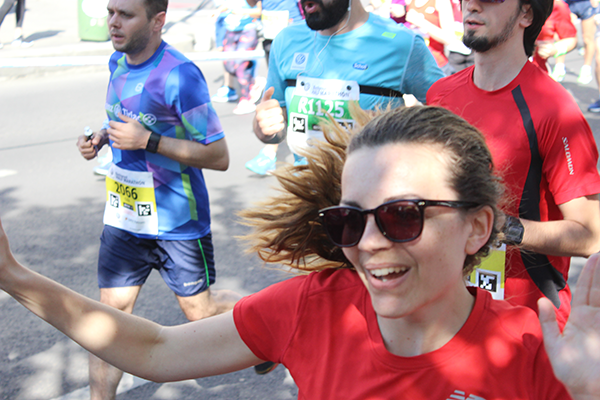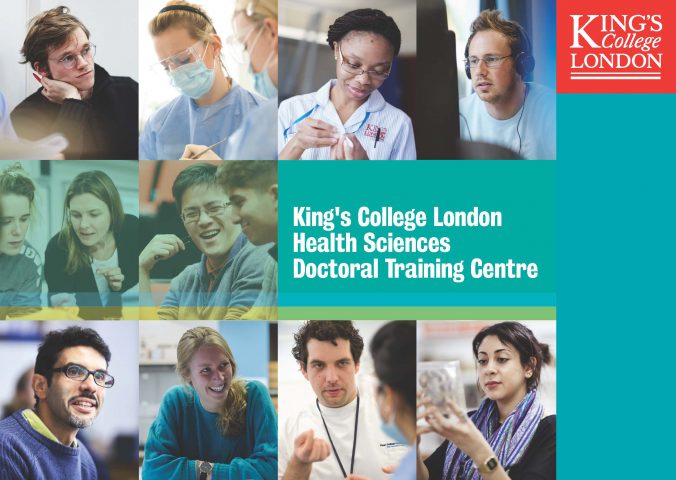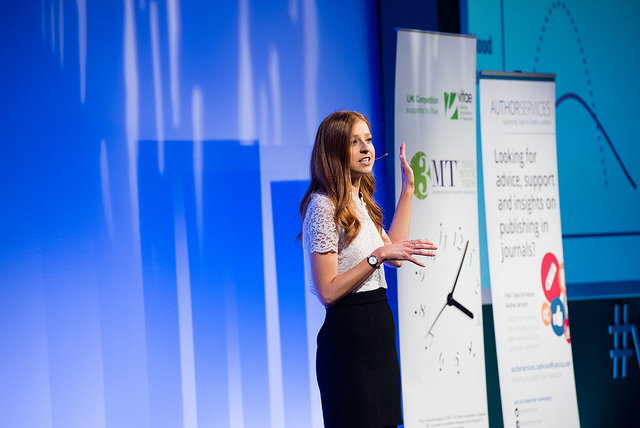Researching and writing a PhD takes a toll on the body as well as the mind. However, many PGR students often find that between labs, library sessions, supervisory meetings, teaching, and social or family life, there is little time left for exercise or other activities.
Nevertheless, taking time out of your research schedule to stay active is important. Not only does good physical health benefit your PhD research in the long-run, by ensuring you stay healthy and fit throughout the period of your course. Good physical health is also fundamental to good mental health.
Take Time Out – July 11th @ Guy’s Campus
The Centre for Doctoral Studies knows that taking time out of your work as a PGR student is easier said than done. That’s why this Summer we are organising a “Take Time Out” event on the 11th of July at Guy’s Campus. This event is designed specifically for PGRs and will include yoga, pilates, mindfulness workshops, and other fun activities, to help you re-focus on your physical and mental wellbeing.
You can book your place at this event here. You can register for as many – or as few – activities as you wish. Even if you’re not sure about an activity, studies show that just taking a break from work can have longer term benefits for your health – so make sure to come for our PGR social reception that evening!
In the meantime, to help you stay active, within the confines of PGR life, we’ve got some helpful time-saving tips from King’s Sport’s, Alyx Murray-Jackman.
Tips on how to stay active in your own time
- Take the stairs – often you’ll be quite happy to take the stairs when you’re at home, but as soon as you set foot in the university, taking the lift may become the norm. Think about taking the stairs more often and you’ll be surprised how quickly it becomes a habit.
- Use the toilets further away – find some toilets in the next building along, or on another floor, and this way you’ll get more walking in during the day, so long as you’re keeping yourself well hydrated!
- Cycle, run or walk to the lab or library – look at your usual commute into University on Google Maps or City Mapper, and see how long the journey would take you if you were to walk or cycle. For me, walking takes the same amount of time as getting the bus, and cycling is actually faster than getting the train, therefore I have no excuse to get public transport to work as being active saves time, money and is better for me. Maybe it will be the same for you! If you live too far away to get to work like this, then you could try walking to the next bus stop or station along the route and hopping on public transport there.
- Make sure to leave the house! – if you work at home, make sure you set aside some time to leave your desk and see the outside world. This might only take 5 minutes, a trip to the shop or a walk around the block, but will keep you moving and prevent you from stagnating inside.
- Set yourself a fitness based challenge for a month – there are lots of apps out there that you can use to challenge yourself to do more activity, such as 30 day ab or plank challenges. These provide an opportunity to do a short burst of activity each day that you can gradually build up over time. This might be challenging yourself to be able to do 20 burpees in a row by the end of the month, or holding a plank for 90 seconds, and you can gradually work up to this over the course of the month, only requiring a few minutes of practice each day.
- Socialise with fitness classes – next time a friend asks to catch up over dinner or drinks, ask them if they would like to try out a new fitness class with you instead (you can always grab dinner afterwards too…!). It’s a great way to try a new activity and socialise with your friends too. You could try a new class in one of the King’s Sport gyms, could do another activity like bouldering, or could go on a bike ride together.
King’s Sport also have lots of other opportunities to help you stay active:
- We have some short 10-20 minute yoga videos on our YouTube channel
- Our BeActive programme, which runs during Term Time only, so will be back up and running in October, is available to all students at King’s, and offers a range of activities all taking place on or close by to our campuses.
- We’ve got gyms already at Waterloo and Guy’s campuses, and are opening a new one soon at Strand Campus At the moment you can get a 3 month membership for the summer for just £50, so pop into one of the gyms and chat to a receptionist to get signed up. Gym memberships include all studio classes and access to both gyms, so you can work out whenever and wherever is most convenient for you.
- King’s Move is our online platform that rewards you for all the activity you do, and will hopefully encourage you to do more of the things I’ve listed above so that you get more steps in and collect more points.
Hopefully some of these little hints and tips will help you get started on a journey to being more active in your day to day life. These are just some of the changes that I’ve made in my life that are now habits, and have definitely had a positive impact on my wellbeing. If you’d like any more ideas or want to learn about the connection between physical activity and mental health you can read our Move Your Mind guide.
There is no need to try and implement all these changes into your life at once, so try to stick to one until it becomes a habit, and then move onto the next.



